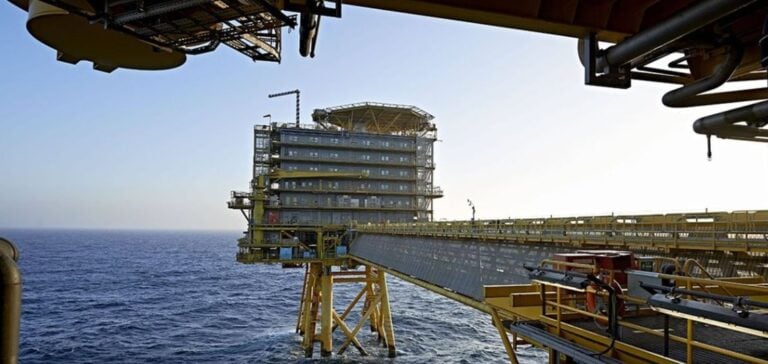The Danish Energy Agency recently granted an exploration license to INEOS and its partners, Wintershall Dea and Nordsøfonden, for CO2 storage in the Gassum formation, located in Jutland, Denmark. Wintershall Dea will act as operator for this license. This initiative is part of efforts to exploit the significant potential of the Danish subsoil for CO2 storage. According to analyses carried out by GEUS (Geological Survey of Denmark and Greenland), the Danish subsoil could hold between 12 and 22 billion tonnes of CO2, which represents between 400 and 700 times Denmark’s annual CO2 emissions. These figures highlight Denmark’s potential role in the carbon capture and storage sector.
The Potential of the Gassum Formation
The Gassum formation has been identified by GEUS as having significant potential for safe CO2 storage. The license partners will now begin the exploration process for permanent storage of Danish and European CO2 in this formation. The knowledge acquired during the pilot phase of Project Greensand, led by INEOS, will be crucial to this new initiative. The project will be carried out in close collaboration with national and local authorities in Denmark.
Prospects and challenges
David Bucknall, CEO of INEOS Energy, said that the development of onshore and offshore CO2 storage sites will be key to achieving the EU’s climate goals and supporting the CCS market. Gassum’s onshore license is in line with the company’s energy transition strategy. Mads Weng Gade, Director of INEOS Energy DK, added that the potential for safe storage at Gassum is high, but further studies are needed to demonstrate this capacity. These studies will draw on the lessons learned from Greensand and will be conducted in close collaboration with the authorities.
Implications for the Energy Sector
Obtaining this license marks an important milestone for Denmark in the CCS sector. With its considerable underground storage potential, the country could become a European leader in this field. Partnerships with players such as Wintershall Dea and Nordsøfonden reinforce this strategic position. This breakthrough in CO2 storage exploration could also influence energy policy and investment in other regions, by demonstrating the feasibility and safety of large-scale CO2 storage.
The exploration license granted to INEOS and its partners for CO2 storage in the Gassum formation represents a significant step forward for the energy sector. Thanks to its storage potential and strategic collaborations, Denmark is well positioned to play a leading role in the development of CCS in Europe.






















